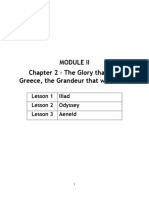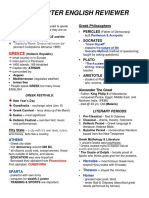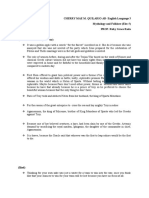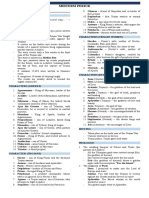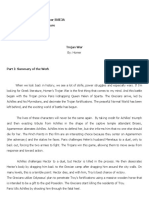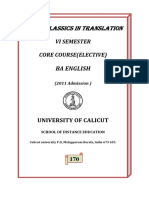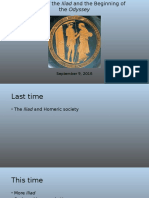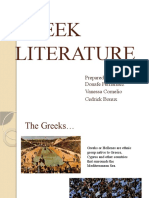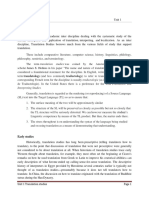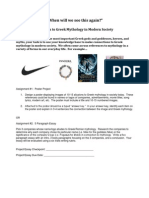0% found this document useful (0 votes)
43 views7 pagesMyth Summary
The document discusses the significance of Greek mythology and literature, emphasizing the importance of reading and individual reflection in understanding these themes. It covers key figures like Agamemnon, the role of gods such as Apollo, and the impact of human actions and divine intervention in Greek myths. Additionally, it highlights the importance of rituals, sacrifices, and moral lessons conveyed through these ancient stories.
Uploaded by
Brittaney BatoCopyright
© © All Rights Reserved
We take content rights seriously. If you suspect this is your content, claim it here.
Available Formats
Download as DOCX, PDF, TXT or read online on Scribd
0% found this document useful (0 votes)
43 views7 pagesMyth Summary
The document discusses the significance of Greek mythology and literature, emphasizing the importance of reading and individual reflection in understanding these themes. It covers key figures like Agamemnon, the role of gods such as Apollo, and the impact of human actions and divine intervention in Greek myths. Additionally, it highlights the importance of rituals, sacrifices, and moral lessons conveyed through these ancient stories.
Uploaded by
Brittaney BatoCopyright
© © All Rights Reserved
We take content rights seriously. If you suspect this is your content, claim it here.
Available Formats
Download as DOCX, PDF, TXT or read online on Scribd
/ 7

